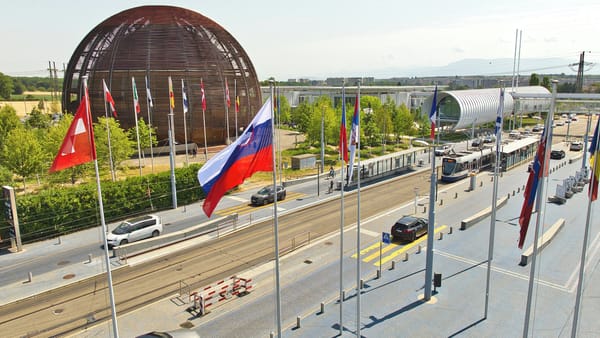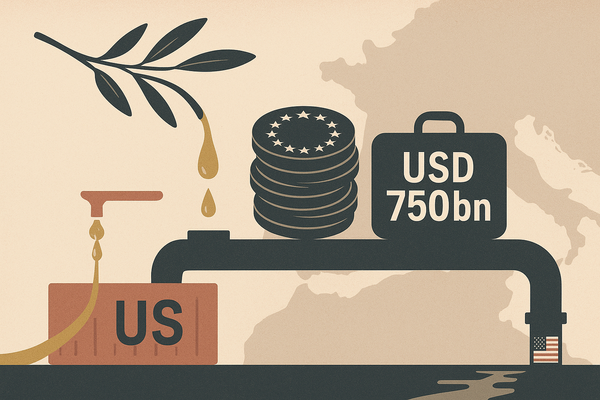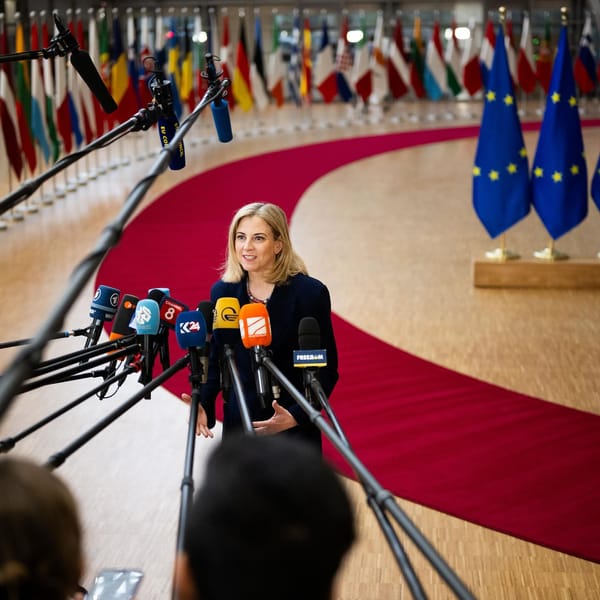
Slovenia takes surprise U-turn in nominating European Public Prosecutors’ Office delegates
In a surprise move on Thursday, Slovenia’s government, which holds the EU presidency, ended months of delays in appointing the country’s delegates to the European Public Prosecutors’ Office (EPPO). EU institutions had heavily criticised the hold-up.
The Slovenian government is now arguing that the delay was “temporary” and that now the puzzle is solved: now, the justice ministry in Ljubljana has put forward amendments to the public prosecution law that would give the government a greater say in the EPPO appointments. Under the new proposal, in case of insufficient prosecutors applied in a public call, Slovenia’s justice minister would have the power to propose candidates.
According to the proposal, the final decision on candidates would also be up to the government and not lie with the Public Prosecutor’s Council which is at present in charge of selecting candidates along with formal note-taking of the government.
A few hours after the government announcement, news emerged of the nomination of Tanja Frank Eler and Matej Oštir for full five-year terms as prosecutors delegated to EPPO. Now it’s up to EPPO’s College – which consists of the European Chief Prosecutor and one European Prosecutor per participating Member State – to confirm or reject the appointment of Slovenian delegates, arguing that its crucial for the institution’s independence
Source: Euractiv





